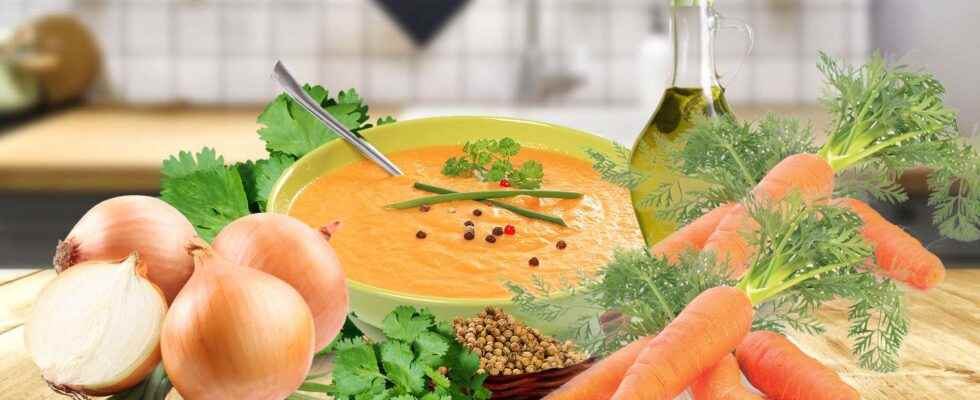The coriander is a herb aromatic quite special. It is known to elicit disgust reactions from some people. For these, coriander evokes a pungent smell and a taste of vomit. The fault, it seems to highly volatile organic compounds that it contains: aldehydes.
Note that both the leaves and the seeds of coriander are safe to eat. Their contents of certain active compounds, on the other hand, can vary quite significantly.
In general, coriander contains several antioxidants. Its leaves a little more than its seeds. Compounds known to limit the damage caused by free radicals and so, the cardiovascular illnesses or some cancer.
Studies conducted on animals or in vitro have also shown an effect of coriander in the regulation of blood sugarantibacterial activity or even a decrease in the rate of “bad” cholesterol.
Finally, coriander is known to be a excellent source of vitamin Ka vitamin useful for the synthesis of protein who participate in the coagulation blood and bone formation. But it must be recognized that the deficiencies in this vitamin are rare, because it is also produced by bacteria that populate our intestines.
